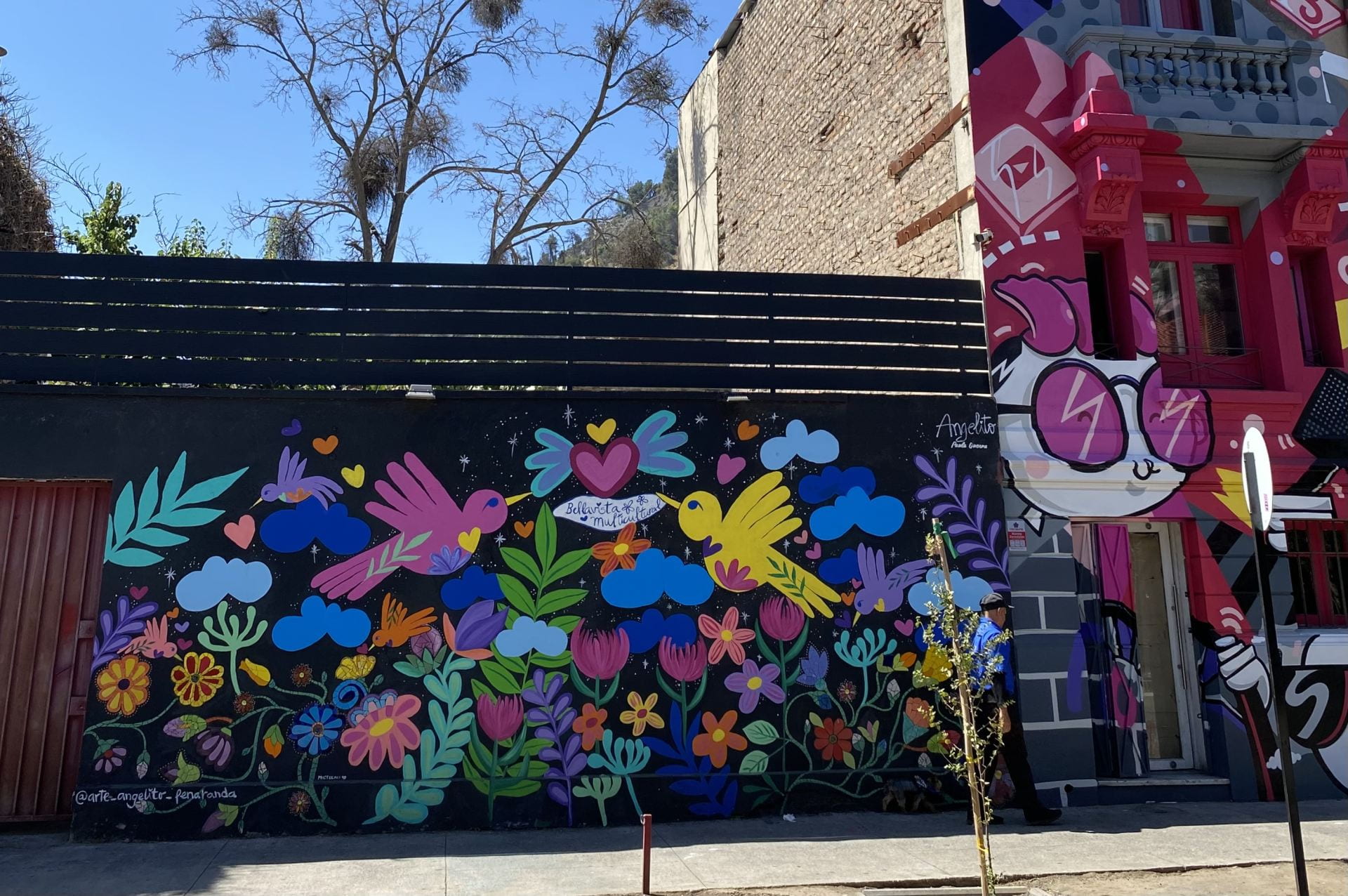
This week at UC Chile, we left the classrooms to learn out in the world. Reflecting on the week, I can only explain it as reaching out. Reaching out beyond the confines of classrooms and exploring the outdoors. The week consisted of hospital observations and getting insight behind the scenes, including things that I have never given thought to, like the importance of infrastructure and services that keep hospitals running. Learning outside the classroom also brought us to the coastal city of Viña del Mar. Just seeing a new city in Chile was a learning experience. Something interesting that struck me was the clear signs of the fishing industry. People were lining the pier leisurely fishing for small anchovies or sardine-sized fish while seagulls fed on fish frames left outside a processing plant. While every opportunity to learn and explore in the cities was incredible, the thing that I connected with the most was getting out into a māra kai.
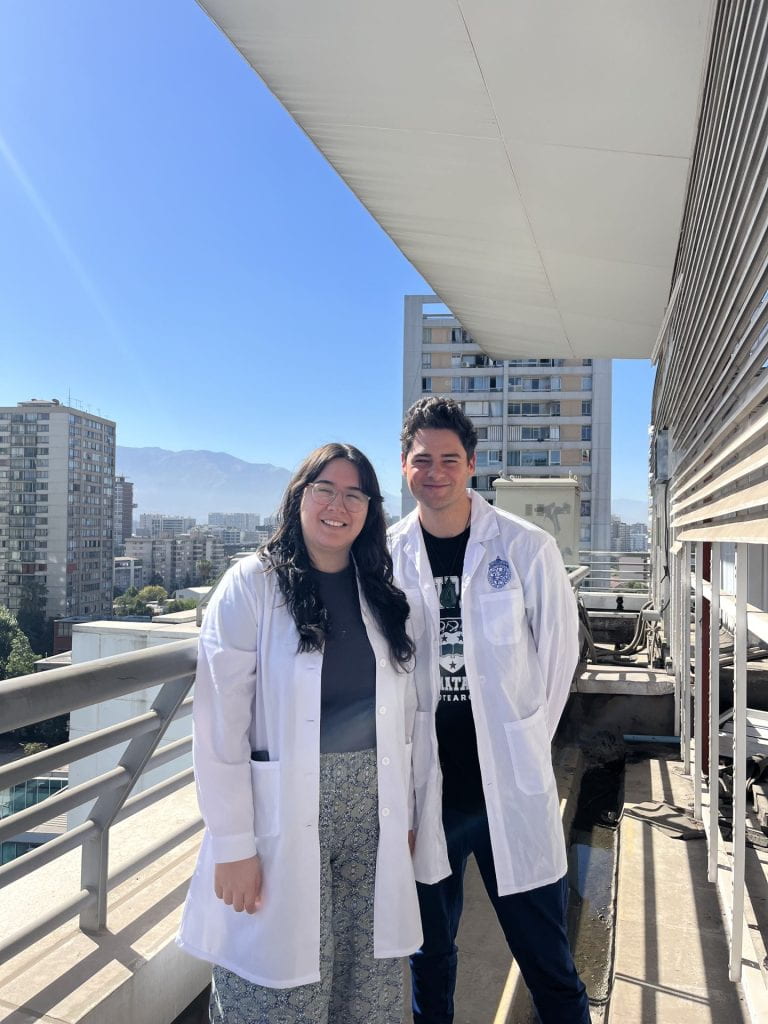

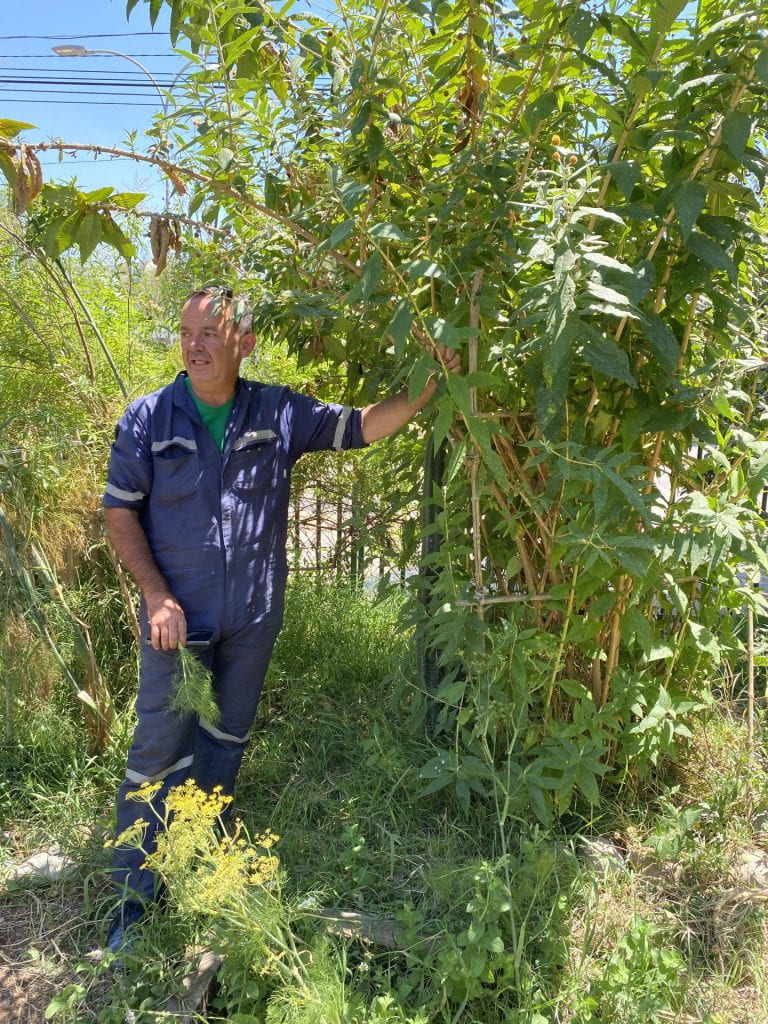
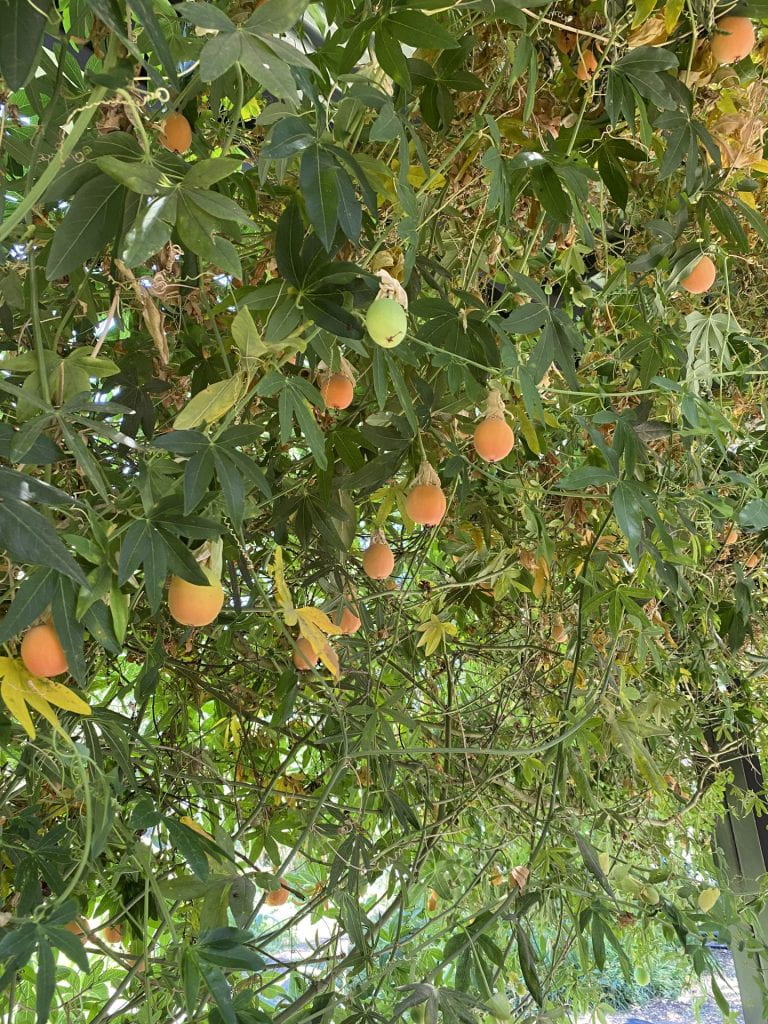
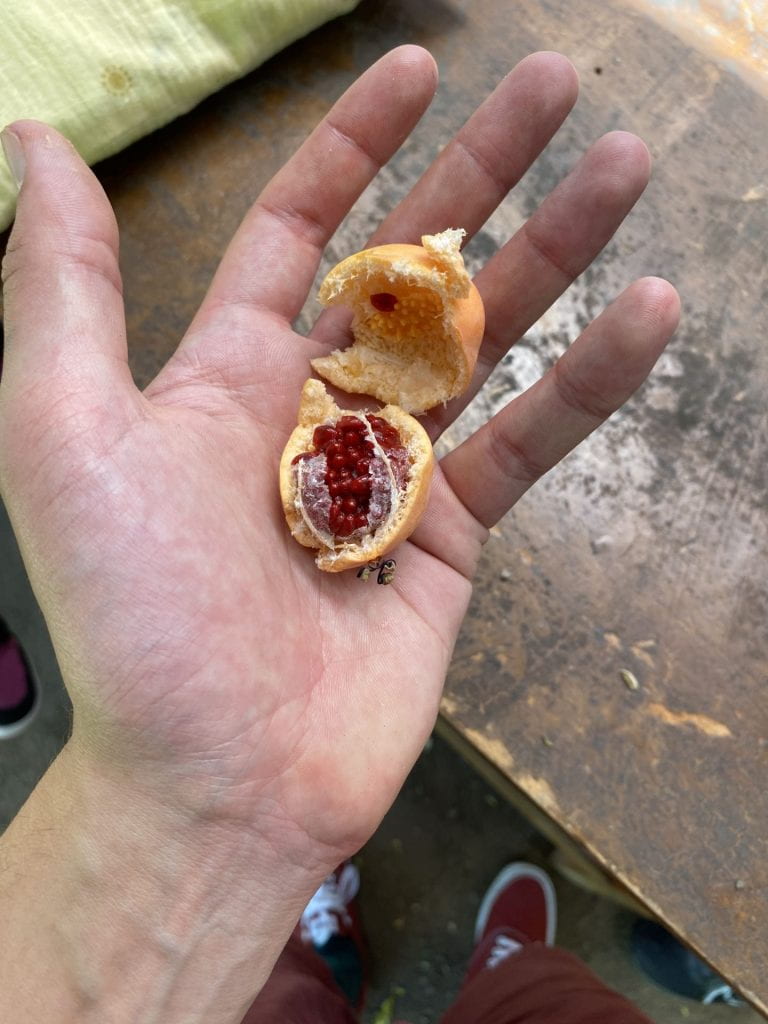
Early in the week, we visited the gardens on campus that focused on medicinal plants, encouraging connection to food and being a place of learning. This was fascinating for me, given my background studying food sovereignty and community gardens and the diverse benefits reconnecting with food and rongoā can have on our health and well-being. It was great to see an alternative outside of Aotearoa on how education and health intermix in a university garden setting. Sitting under the shade of a gazebo, we were encouraged to pick and taste the passiflora caerulea fruit dangling around us. I can only describe this fruit (part of the passionfruit family) as soft with a mild, sweet taste. While we were busy trying them, the gardener conducting our tour warned us to slow down, given its calming and sleep-inducing effects. The tour that followed entailed wandering through the garden beds, learning how different native and introduced plants had medicinal properties that included lowering blood pressure and soothing stomach aches, while we were also shown a cactus with psychoactive effects. During the visit, I noted the possibility and diversity of approaches to learning in a garden. Rather than listening and taking notes, one is encouraged to taste, smell, and touch. Getting distracted by insects pollinating flowers or rubbing your hands through a pile of dirt is part of connecting and learning. Beyond medicinal plants, we were also shown the food being produced in the garden. The methods of intercropping and permaculture were discussed, and we were shown how tobacco plants were grown as natural pest control. Overall, the visit to the garden provided a timely reminder of the universal joys of getting into nature, learning from the environment and the interconnection of health and food.
This reflects a whakataukī I heard last year: ‘he rongoā he kai, he kai he rongoā’ – food is medicine, medicine is food.